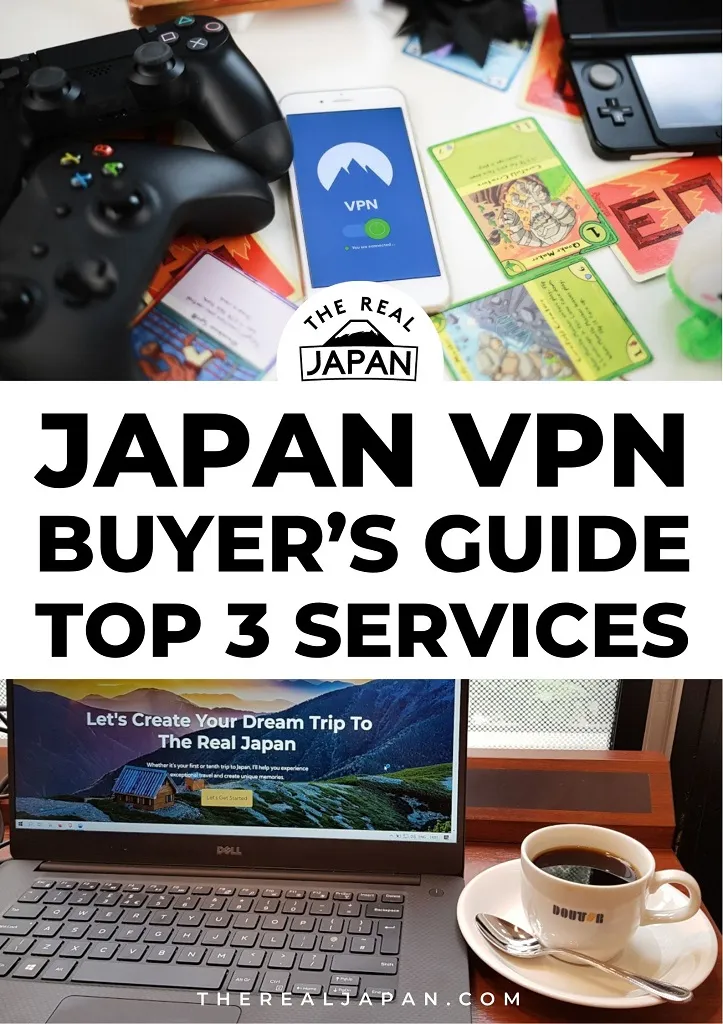Here’s my latest Japan VPN buyer’s guide: Planning a trip to Japan means sorting out accommodation, rail passes, and reserving those unique artisan experiences. VPNs don’t usually make the list. After years of travelling in Japan, my wife and I have both used a VPN in Japan. Not essential for everyone, but worth considering, particularly as we rely more heavily on staying connected while abroad.
Summary: A VPN isn’t essential for Japan but offers practical benefits for securing public WiFi connections, accessing home streaming services, and maintaining your normal online routines during your trip.
Key Takeaways
- Japan’s widespread free WiFi in stations, hotels, and cafes is convenient but often unsecured, making your banking details and passwords vulnerable to cybercriminals who specifically target distracted tourists.
- Streaming services like Netflix, BBC iPlayer, and Hulu are geo-restricted in Japan, but a VPN lets you access your home country’s content library by routing through servers back home.
- Most free VPNs are problematic – research shows 88% of top free Android VPNs leak user data – though ProtonVPN offers unlimited data with Japanese servers as a reliable free option.
- Quality paid VPNs like NordVPN, Surfshark, and ExpressVPN cost only $3-5 monthly on annual plans, a minimal investment compared to your accommodation and transport costs.
- Essential VPN features include a kill switch (cuts internet if VPN drops), independently audited no-logs policy, and servers in multiple Japanese cities for faster speeds.
- Set up your VPN before leaving home where you have reliable internet, as some app stores restrict VPN applications and banking apps may flag VPN connections as suspicious.
Want more free content like this?
- Key Takeaways
- Public WiFi risks you shouldn't ignore
- Staying entertained while travelling
- Don't break the law in Japan
- Working remotely while you travel
- Picking a VPN for Japan that works
- VPNs for Japan I'd recommend
- Free Japan VPNs worth considering
- Getting set up before departure
- Leave A Comment / Ask A Question
- About the Author
- RESOURCES
Japan VPN Buyer’s Guide
by Rob Dyer
The benefits extend beyond simple security to accessing familiar content and maintaining your normal online routines. Japan isn’t China or Russia. You won’t face heavy censorship or surveillance. Most websites work without problems. So why think about a VPN?
Public WiFi risks you shouldn’t ignore
WiFi is free all over Japan – in the train stations, in convenience stores, in cafes, in hotels. Useful – up to a point – but frankly not really practical.
These networks are not always secured. In 2020, Japanese companies were attacked by ransomware. Some paid over $1 million to resolve the damage. Cybercriminals target unprotected WiFi, and tourists make easy targets because we’re distracted and just want to check email quickly. (See this post for details on why I don’t recommend relying on free WiFi in Japan.)

Your banking app, passwords, and credit card details – all this information travels across networks you don’t control. A VPN encrypts your connection. Even if someone’s monitoring the network, they can’t read your data or track what you’re doing.
Staying entertained while travelling
Another practical issue that is addressed by VPNs is home access to content. You may feel like spending some time after a hard day out sightseeing the temples of Kyoto, watching something you already know – or binge-watching that trending series so you can get on with your vacation. Geographic restrictions often block this content abroad.
Netflix libraries vary by country. Shows available in Japan won’t match your home library. BBC iPlayer blocks access if you’re British. Hulu won’t work for Americans. A VPN connects through a server in your home country, making these platforms think you never left. Meaning you can access all your favourite streaming services just like at home.
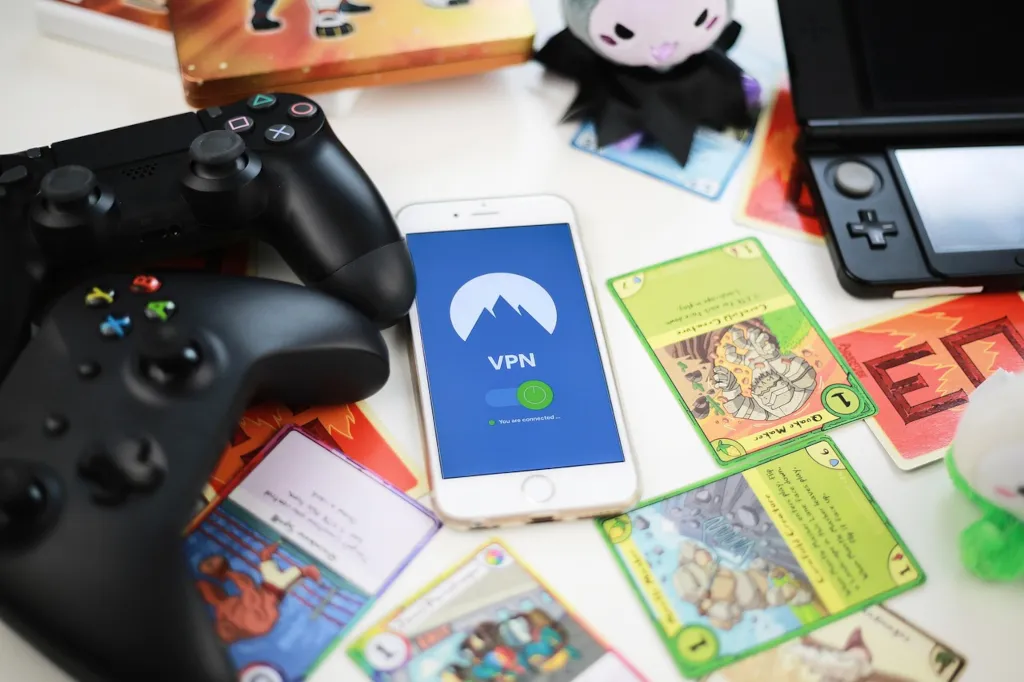
Some travellers use VPNs for online entertainment beyond streaming. Casino platforms and poker sites typically restrict access based on location, which becomes frustrating overseas. Players often search for sites with diverse gameplay options: different game types, various betting ranges, and features matching their preferences.
A VPN maintains access to these entertainment platforms regardless of where you’re traveling, so you can enjoy familiar gaming during downtime between sightseeing.
Don’t break the law in Japan
Japanese copyright law takes violations seriously. Download pirated material and you may face a fine of up to 2 million yen or imprisonment. VPNs provide a layer of protection in case you share and receive files from other people or websites, although I do not recommend engaging in illegal downloads when using them.
Working remotely while you travel
If you’re planning to work remotely during your Japan trip (as my wife and I have both done), a VPN becomes even more important – many employers require you to connect through their corporate VPN to access company systems securely, and having your own personal VPN protects that connection when you’re on public WiFi before logging into your work network.
Picking a VPN for Japan that works
VPN quality varies considerably. Some leak your IP address despite claims, while others slow connections significantly. A few log your activity while marketing themselves as privacy-focused.
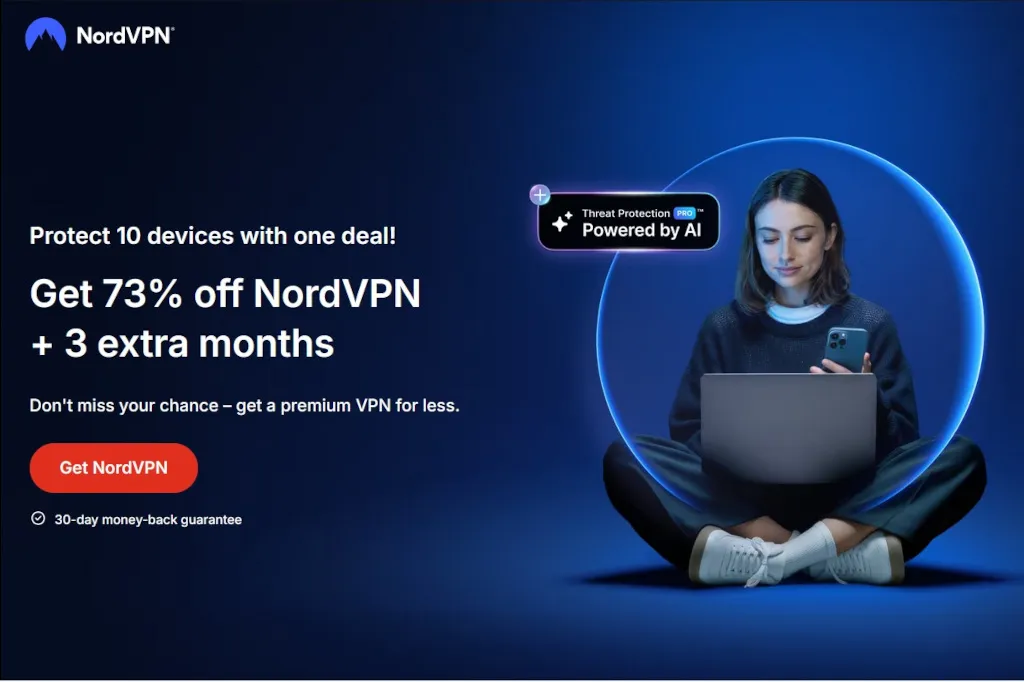
Connection speed matters for streaming and video calls at home. Look for VPNs with servers in multiple Japanese cities, not just Tokyo. Closer servers generally mean faster connections.
A ‘kill switch’ is essential. (Don’t worry – it’s not as dramatic as it sounds!) Basically, if your VPN connection drops unexpectedly, the kill switch cuts the internet immediately. This prevents your real IP from being exposed.
Check the no-logs policy carefully. Reputable services don’t track your browsing. This should be independently audited by security firms, not just stated in marketing.
VPNs for Japan I’d recommend
NordVPN is my top recommendation. Over 80 servers in Tokyo with strong encryption and fast speeds. According to research, 17% of VPN users in the USA are using NordVPN, which is the most popular among major providers. It is priced higher than its competitors, but customers have a 30-day guarantee to test it.
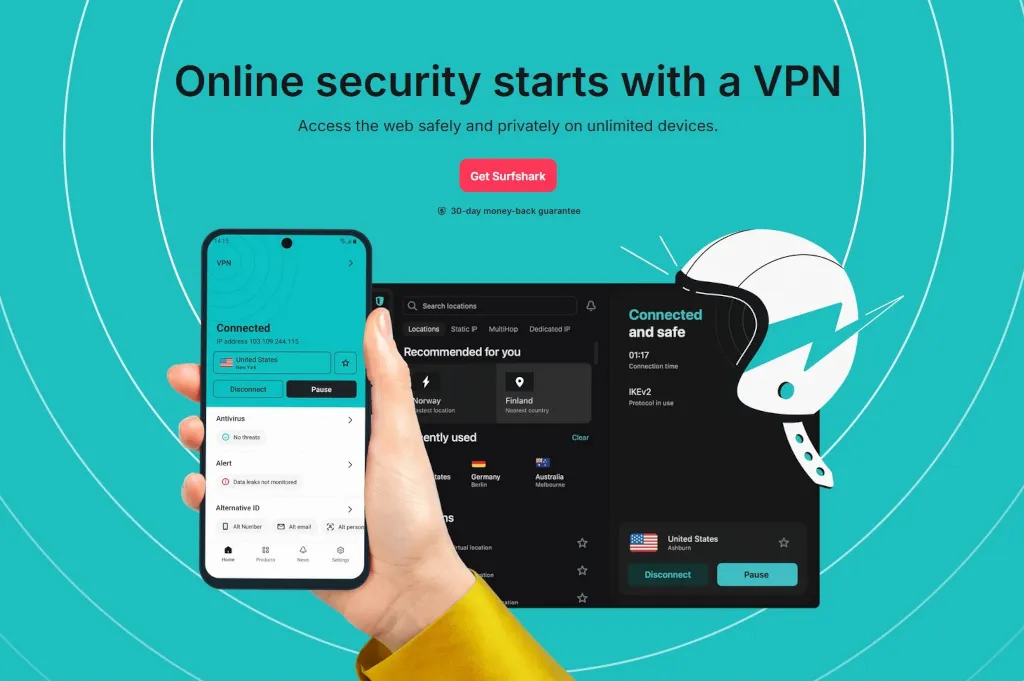
Surfshark is cheaper and provides higher value. It provides 63 Japanese servers in Tokyo with unlimited device connections. Travelling with family or friends? Everyone can use one subscription – check out their VPN Bundle for unlimited devices.
ExpressVPN costs more but delivers reliable performance. Servers in Tokyo and Yokohama, straightforward interface, solid speeds.
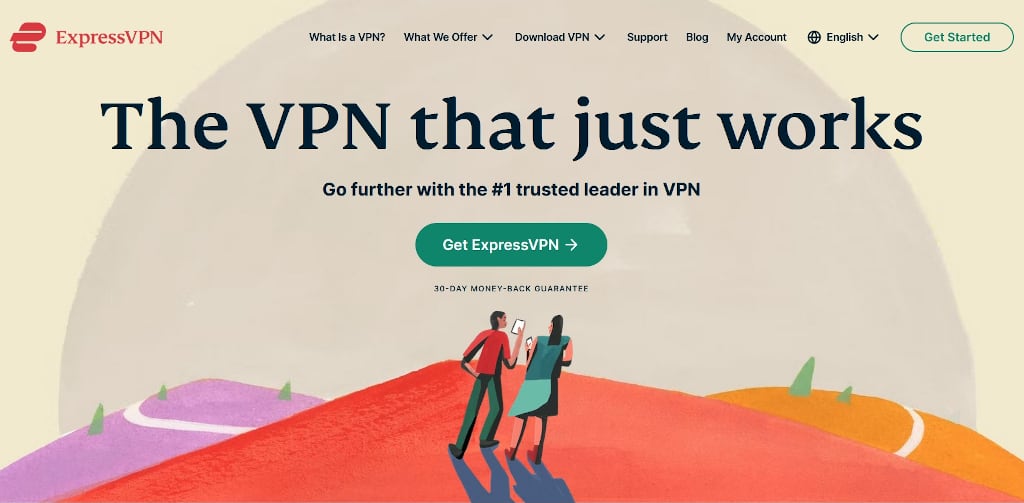
Japanese servers aren’t necessary just for WiFi security. But they’re useful for accessing Japanese content after your trip.
Free Japan VPNs worth considering
Most free VPNs do not deliver. Most of them are slow, unreliable, or give your data to advertisers. The latest research is a very alarming scenario. Research examining 800 VPN applications found 88% of the top free Android VPNs leaked user data. These aren’t minor privacy concerns. They represent fundamental security failures that undermine the entire purpose of using a VPN.
Two free options actually function, though both have limitations.
ProtonVPN is the only reliable free VPN offering Japanese servers. Unlimited data, which most free services don’t provide. The limitation is that you can’t choose servers – you’re randomly assigned one. Speeds are slower than paid alternatives. Works for basic browsing and email.
Windscribe provides 10GB monthly with better speeds than ProtonVPN. Data limit covers routine browsing and occasional video. Japanese servers aren’t included free – you can add them for $1 monthly through their build-a-plan option.
Paid VPNs cost $3-5 monthly on annual plans. Compare this to what you’re spending on accommodation and transport. A small additional investment for an entire trip of safe and secure online connectivity.
Getting set up before departure
Don’t wait until you arrive in Japan. Install and set up your VPN where you have the best internet connection. The process takes 10-15 minutes. Register, order, install the application, log in, connect. This is made easy by most providers.
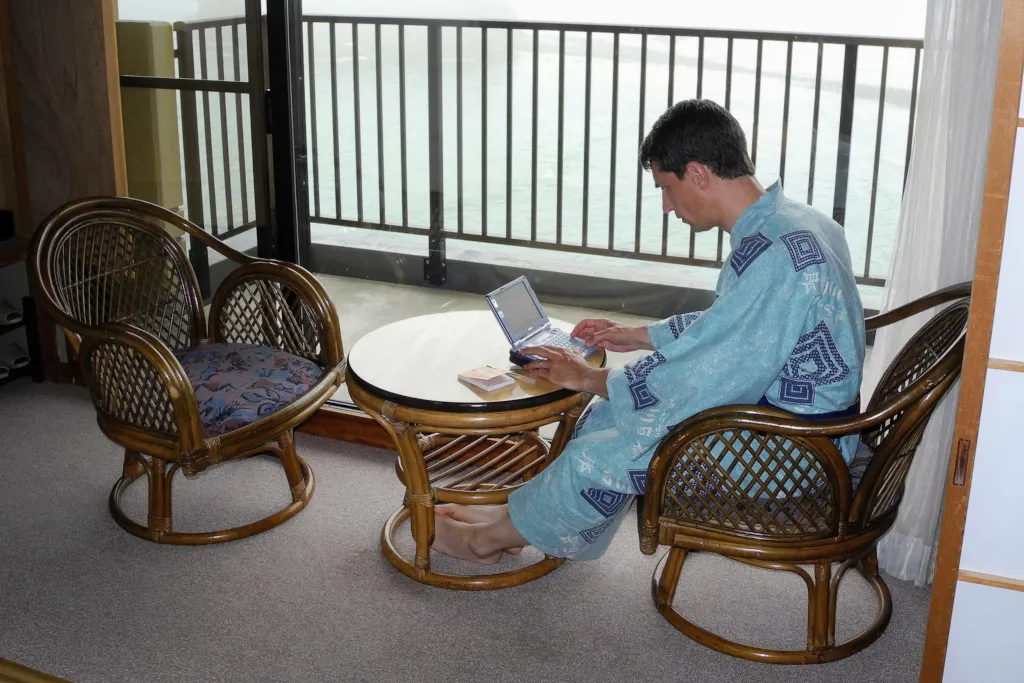
Some app stores restrict VPN applications. iPhone or iPad users should download before leaving. Japan’s App Store should have them, but there’s no reason to risk complications.
Banking apps sometimes flag VPN connections as suspicious. Check your bank’s policy before your trip. You might need to disconnect temporarily when accessing accounts.
Usage data indicates 47% of VPN users only activate their service semi-regularly, primarily when traveling. This matches what Japan trips require – occasional protection on unfamiliar networks rather than constant coverage.
Millions visit Japan annually without VPNs and have fine experiences. You probably won’t encounter serious threats. But when you’re in an unfamiliar country on networks you don’t control, wanting reliable access to your usual services, a VPN addresses these concerns for minimal cost.
Japan VPN Buyer’s Guide FAQ
Do I really need a VPN for Japan? Not essential, but worth considering. Japan isn’t heavily censored like China, but free WiFi networks aren’t always secured, and you’ll face geographic restrictions on streaming services. It’s a practical addition rather than a necessity.
Which VPN should I choose for Japan? NordVPN is the top recommendation with 80+ Tokyo servers and strong encryption (used by 17% of US VPN users). Surfshark offers better value with 63 Japanese servers and unlimited devices. ExpressVPN costs more but delivers reliable performance. For free options, ProtonVPN provides unlimited data with Japanese servers.
Will a VPN work with my streaming services? Yes, that’s one of the main benefits. Netflix, BBC iPlayer, and Hulu all restrict content based on location. A VPN routes through servers in your home country, making these platforms think you never left, so you access your normal library.
When should I set up my VPN? Before you leave home. Install and configure everything where you have reliable internet – the process takes 10-15 minutes. Some app stores restrict VPN applications, and you don’t want complications when you arrive.
Are free VPNs safe to use? Mostly no. Research found 88% of top free Android VPNs leaked user data. Two exceptions: ProtonVPN (unlimited data, Japanese servers, but slower speeds) and Windscribe (10GB monthly, faster, but Japanese servers cost extra $1/month).
Will my bank block me for using a VPN? Banking apps sometimes flag VPN connections as suspicious. Check your bank’s policy before travelling – you might need to disconnect temporarily when accessing accounts.
About the Author

A writer and publisher from England, Rob has been exploring Japan’s islands since 2000. He specialises in travelling off the beaten track, whether on remote atolls or in the hidden streets of major cities. He’s the founder of the multi-award-winning TheRealJapan.com.
Recommended For You
RESOURCES
Further Related Guides
Best SIM Card Japan – Complete Buyers Guide
Is it Safe To Use Free WiFi in Japan? 5 Risks and How to Avoid Them
Mobal eSIMs Better Than Airalo and Ubigi?
More Planning Resources
My List of Recommended Japan Travel Resources
Recommended Japan Travel Resources
My Japan Travel Store
Feel free to share this guide if you found it helpful:
